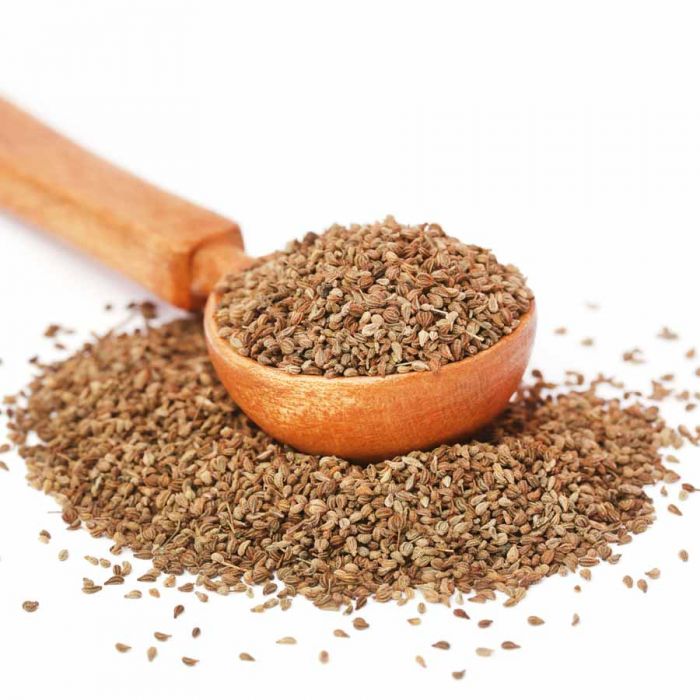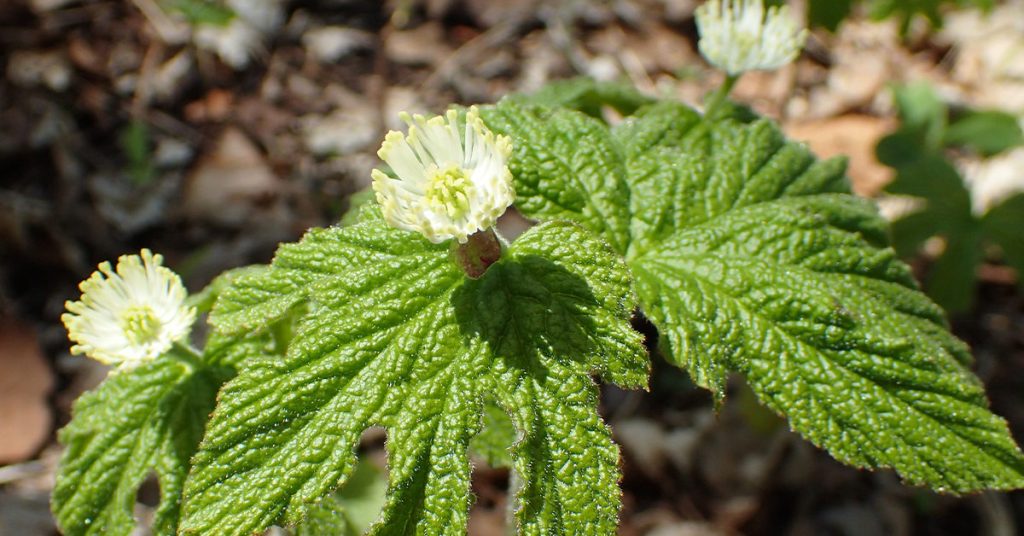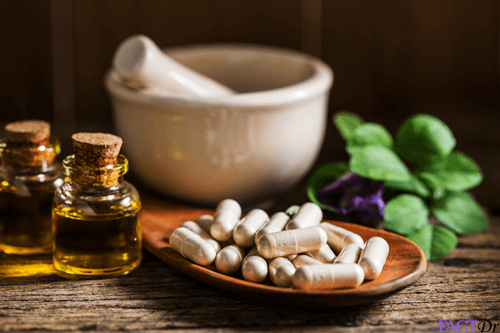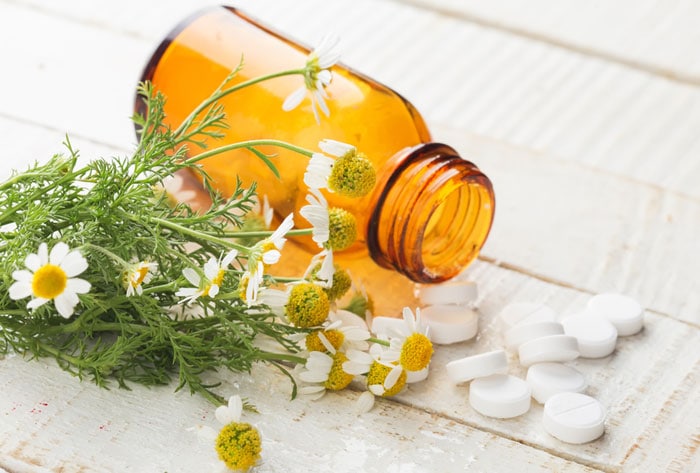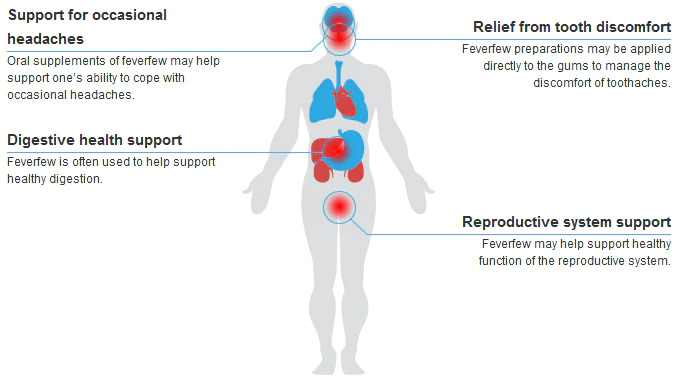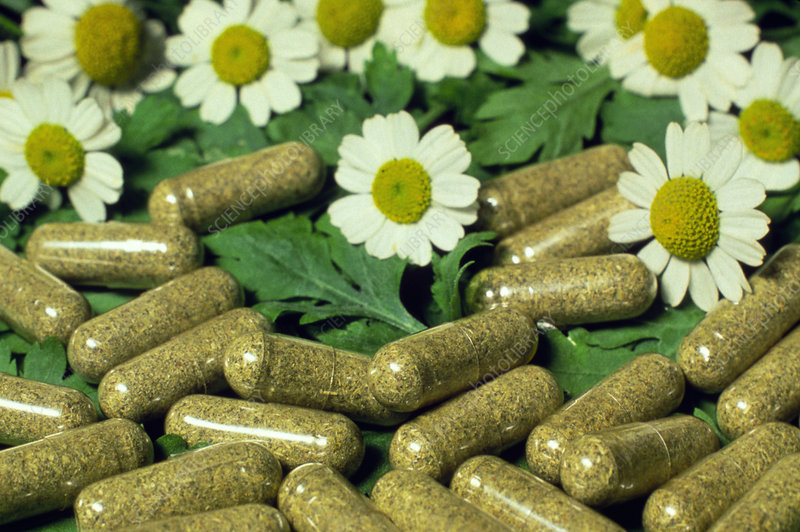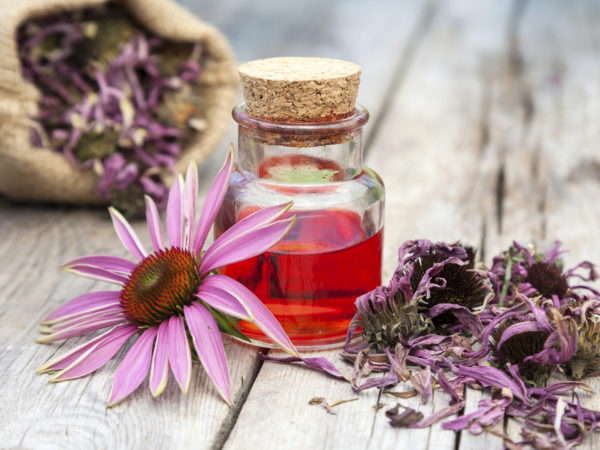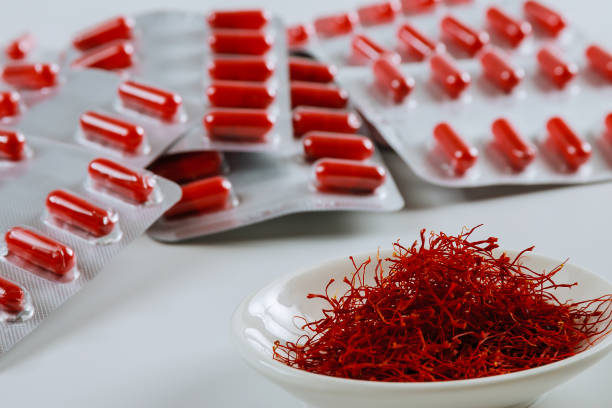Can Cinnamon actually improve memory and learning ability?
Researchers examined 40 research that looked at the impact of cinnamon on cognition. They discovered that taking cinnamon supplements may enhance learning and memory. Before conclusions can be drawn, additional research is required.
Cinnamon has a long history of usage in herbal medicine, as well as in cooking and as an aroma. According to studies, cinnamon has anti-inflammatory, anti-cancer, and immunomodulatory qualities in addition to providing benefits to cognition.
Cinnamon may have neuroprotective properties, including those against Alzheimer’s disease, according to some research.
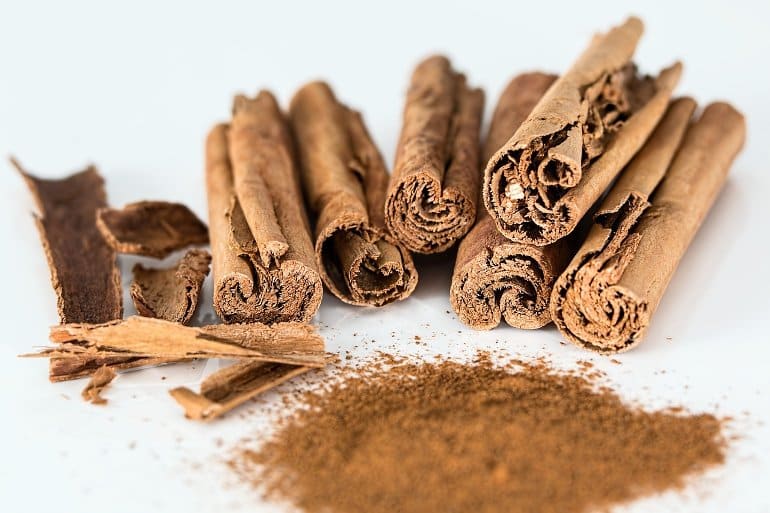
Cinnamaldehyde, a component of cinnamon, has been demonstrated to prevent the formation of amyloid-beta plaques in the brain, which are a crucial indicator of Alzheimer’s disease. The development of preventative measures for cognitive decline may be aided by more research into cinnamon’s possible cognitive advantages.
A recent meta-analysis of 40 studies looking into cinnamon’s impact on cognitive performance was done by researchers. Scientists discovered that cinnamon greatly enhances cognition, often known as learning and memory.
Cinnamon and cognitive function
The researchers examined 40 studies that examined the connection between cinnamon and cognitive function for the study.
They used two clinical trials, five in vitro studies, and 33 in vivo studies for the study. Of these, 17 studies used rats, 15 used mice, and one used a common fruit fly. The researchers started by reviewing studies that used cinnamon extract or powder.
Researchers discovered that adolescents’ memories improved after eating cinnamon gum for 40 days in one clinical investigation. However, the other clinical research found no appreciable differences in memory when administered orally.
The majority of in vivo research discovered that cinnamon improved learning and memory. But according to one study, cinnamon reduced learning and short-term memory.
Meanwhile, an in-vivo investigation discovered that a methanol extract from cinnamon bark can reduce the development of amyloid-beta. The scientists then looked into the compounds found in cinnamon, including eugenol, cinnamic acid, and cinnamaldehyde.
They discovered that eugenol’s antioxidant qualities and capacity to prevent amyloid plaques have cognitive beneficial effects. They also discovered that the chemicals cinnamaldehyde and trans-cinnamaldehyde have anti-cell death and anti-inflammatory properties that shield against cognitive decline in animal models.
While both low and high doses of cinnamon had beneficial benefits, the researchers emphasised that their findings were not dose-dependent.
Limited clinical data
Molly Rapozo, RDN, Registered Dietician Nutritionist & Senior Nutrition and Health Educator at Pacific Neuroscience Institute in Santa Monica, CA, who was not involved in the study, responded as follows when asked about the study’s limitations:
Just 2 clinical studies—one of which did not demonstrate a beneficial effect were included in this review. Rodent models made up the majority of the included literature. Further clinical research is therefore required. The length, dosage, and components of the cinnamon utilised in the experiments varied widely as well.
She speculated as to why one of the two clinical trials with reported positive effects included cinnamon’s lack of efficacy, saying: “Perhaps cinnamon didn’t show a positive effect in one of the clinical studies because the dosage, duration, or cinnamon used wasn’t as impactful as the combination used in the positive study.”
I CARE FOR YOUR BRAIN inventor and board-certified neuropsychologist Dr. Karen D. Sullivan, who was not engaged in the study, added:
The majority of the included studies are of poor quality, and even the authors call them “imprecise,” which is one of the key weaknesses. There were several poorly specified variables, such as the cognitive abilities assessed, the usage of various cinnamon components, and different exposures to the chemicals.
She went on to say that the evidence for cinnamon’s ability to block the pathophysiological processes involved in Alzheimer’s disease was extremely weak and limited to very tiny sample sizes in laboratory samples.
While not engaged in the study, Dr. Jonathan J. Rasouli, Director of Complicated and Adult Spinal Deformity Surgery at Staten Island University Hospital, told that the human trials lacked sufficient control groups. Dr. Rasouli stated that We will need a prospective, randomised controlled trial, and that is still pending, in order to conclusively claim there is a benefit.
Including cinnamon in diet
There are two varieties of cinnamon: cassia and ceylon. Both can be beneficial additions to a person’s diet, however cassia cinnamon has a toxin that can be detrimental if consumed in excess.
“High intakes of cassia cinnamon can impair liver function, raise the risk of lung, liver, and kidney cancer, cause drug interactions, and do so because of the high coumarin content. However, consuming too much ground cinnamon—of any variety—at once can make you cough and have trouble breathing because of the spice’s extremely fine texture, which can get stuck in your lungs’ vacuoles. For those who have asthma, this is extremely troubling, Dr. Sullivan advised.
Rapozo pointed out, however, that cinnamon is regarded as a safe natural remedy and has a lengthy cultural history. This implies that it might be easily incorporated as a component of a whole foods diet that is accessible to a wide range of people.
‘I advise using culinary herbs and spices as a part of an anti-inflammatory diet for brain health. In addition to being an excellent addition to hot or cold tea, whole grains, and fruit, cinnamon is also a crucial component of many savoury spice blends around the world’, she said.
REFERENCES:
- https://www.medicalnewstoday.com/articles/cognitive-decline-predictors-besides-dementia
- https://neurosciencenews.com/cinnamon-learning-memory-22444/
- https://www.forbes.com/sites/grrlscientist/2023/02/04/cinnamon-improves-your-memory-and-cognition/
- https://medicalxpress.com/news/2023-02-effects-cinnamon-memory.html
For more details, kindy visit below.
